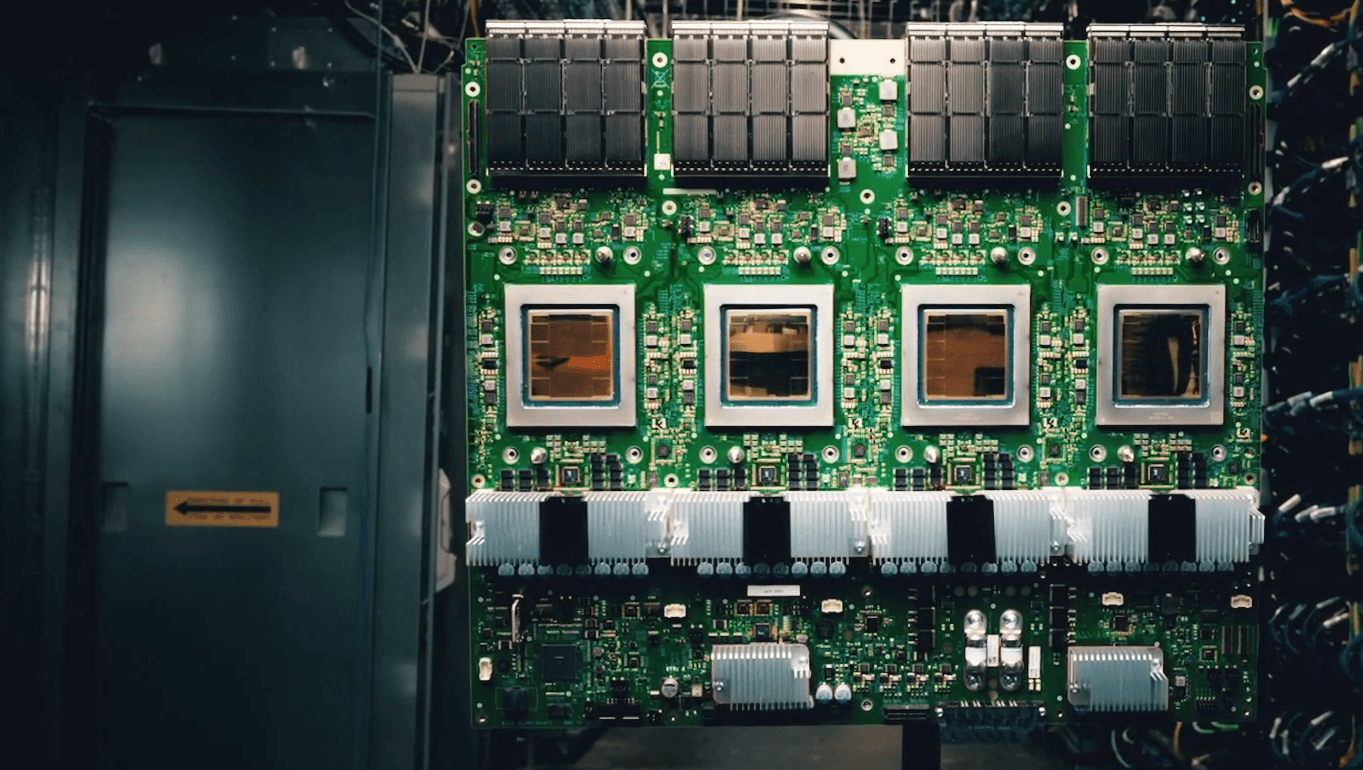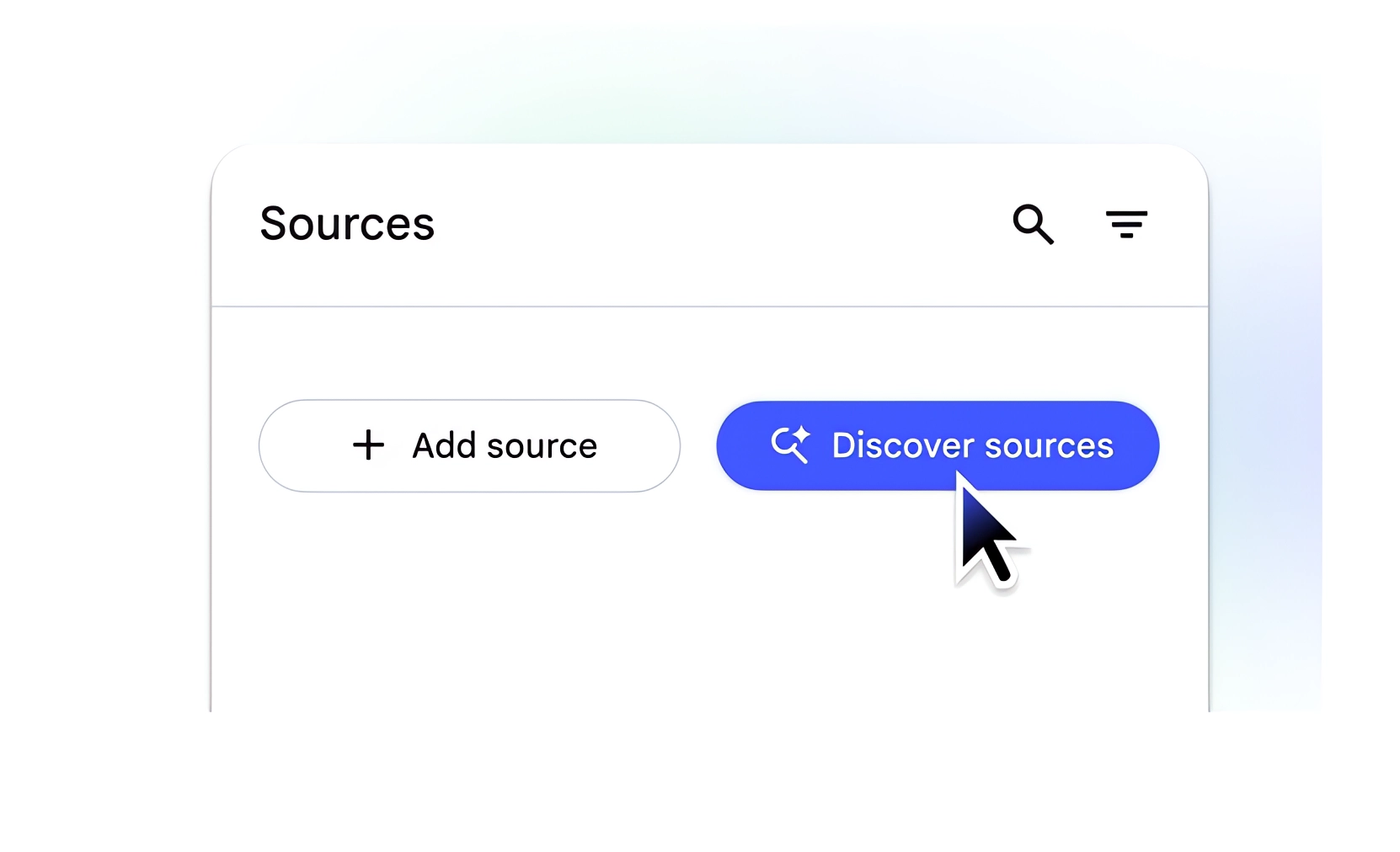Read full article about: OpenAI releases Evals API for systematic prompt testing
OpenAI has introduced an Evals API that enables programmatic test creation and automation. The system lets developers integrate evaluations directly into their workflows while maintaining the same configuration options available in OpenAI's dashboard interface. Through API calls, teams can define test parameters, manage evaluation data, and rapidly refine prompts. While the API works with models from other companies, those models must support OpenAI's "Chat Completions API" format. Technical documentation is available in both the OpenAI Cookbook and API documentation.
Read full article about: Amazon's new Nova Sonic powers Alexa+
Amazon has introduced Nova Sonic, a new AI voice model designed to process speech natively and generate natural-sounding responses. The model reportedly matches the performance of leading speech models from OpenAI and Google in key metrics like speed, speech recognition, and call quality. The company has made Nova Sonic available through its Bedrock developer platform at what it claims is an 80% lower cost compared to OpenAI's GPT-4o, though OpenAI does offer a more affordable option with GPT-4o-Mini. Some components of Nova Sonic are already integrated into Amazon's Alexa+ service. According to Rohit Prasad, SVP and Chief Scientist for AGI at Amazon, the model stands out for its ability to handle speech recognition in challenging conditions and efficiently route user requests to various APIs.







